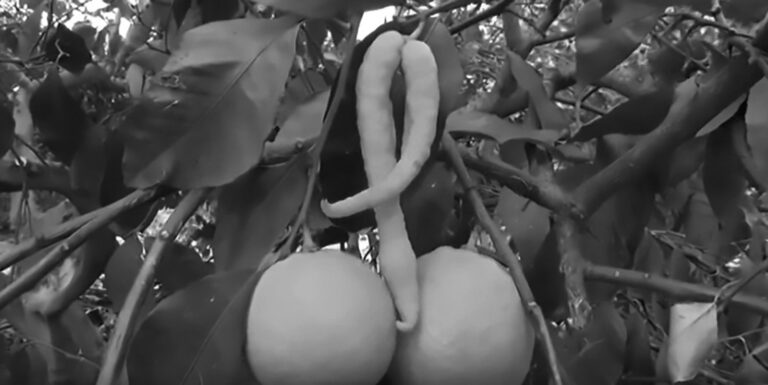A shocked mother who investigated when her young sons complained of a big spider in their bedroom was horrified when she realised the creepy crawley was a huge black scorpion.
Patricia Heutmann from the town of Gronau, in the state of North Rhine-Westphalia, Germany, had just put her two sons to bed when she heard them screaming on Sunday, 7th April.
She then rushed to their room when one of the children, eight-year-old Tristan, told her they spotted a big black spider on the wall and asked her to remove it.

But the moment she approached the multi-legged critter, she was stunned when she realised that the alleged spider was, in fact, a four-centimetre-long (1.5-inch) scorpion.
Patricia’s husband, Sascha, then captured the scorpion in a kitchen jar, and said he had then looked online to see if there were any reports of a scorpion escaping from a zoo or a private terrarium.
Unable to track down the scorpion’s origin, the Heutmanns sought assistance from zoologist Victor Hartung from the Muenster Natural History Museum.
They then arranged to meet the following day, when the children could hand over the scorpion, affectionately nicknamed Edgar, to the expert.
When the family handed over the scorpion, it was dead, and it’s unclear when or how it died. Local media noted that the expert had asked them to freeze the jar, as the freezing process can help preserve the scorpion’s tissues and structures.
Hartung explained that the scorpion most likely comes from southern Europe and is, therefore, considered an invasive species in Germany.

Youngster Tristan said in an interview with local media: “It was shocking that the scorpion was suddenly on the wall. And they don’t actually exist in Germany.”
According to local media, the scorpion will now remain at the museum and become part of the Natural History Museum’s collection.
To find out more about the author, editor or agency that supplied this story – please click below. Story By: Georgina Jedikovska, Sub-Editor: Georgina Jedikovska, Agency: Newsflash
The Ananova page is created by and dedicated to professional, independent freelance journalists. It is a place for us to showcase our work. When our news is sold to our media partners, we will include the link here.




